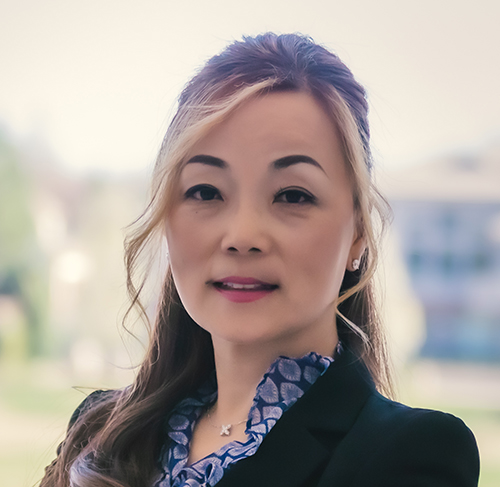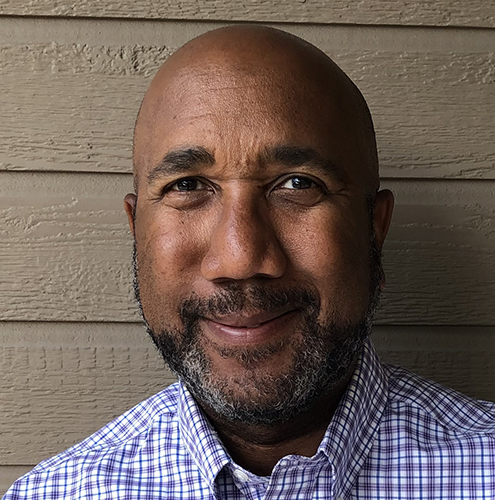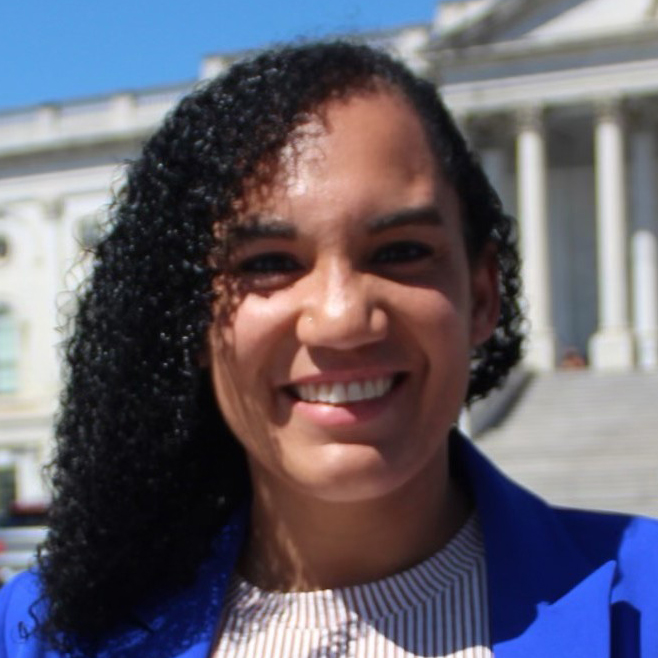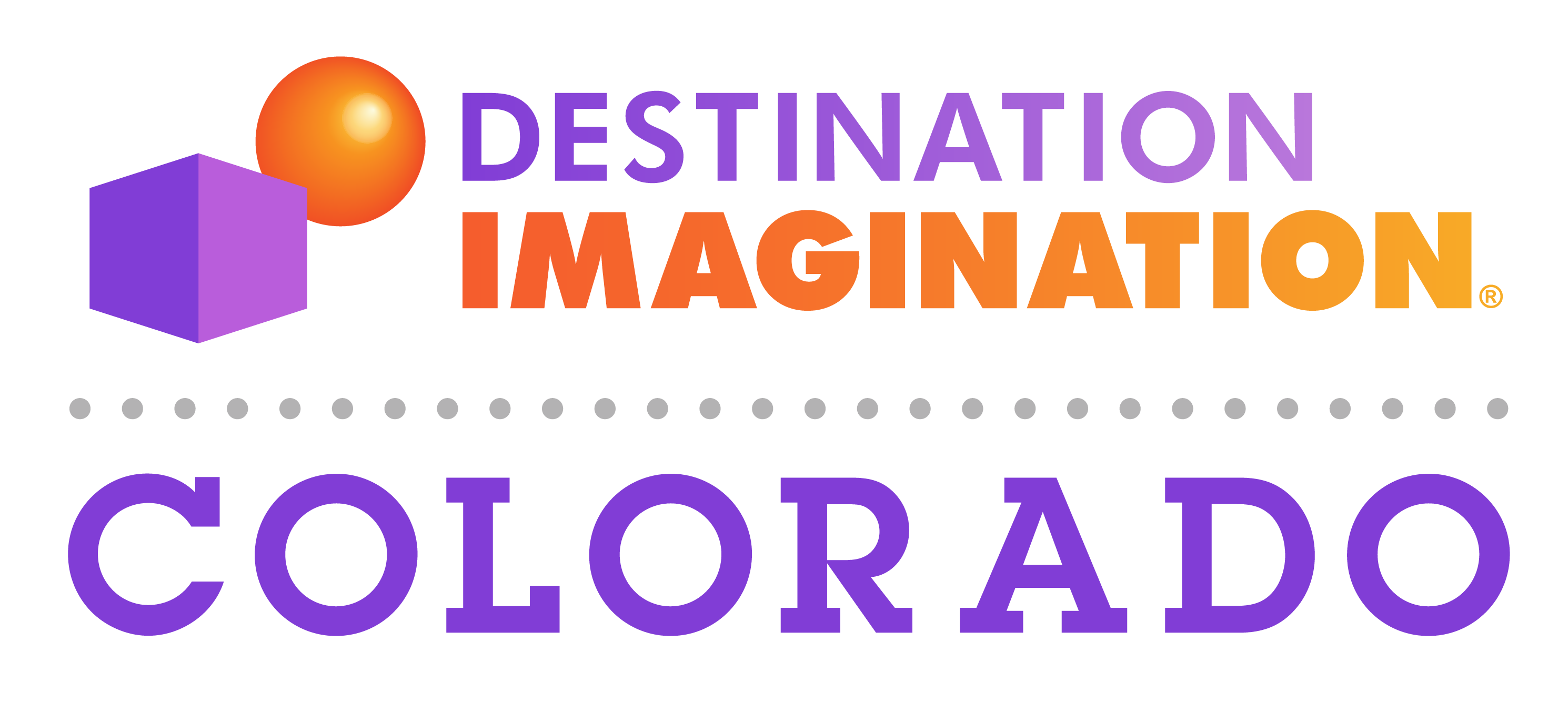Destination Imagination Colorado (DICO) (www.DIColorado.com) is a nonprofit organization dedicated to providing challenging programming to youth throughout Colorado that promotes creative thinking to solve interesting problems in areas related to science, engineering, technology, arts, theatre, and service-learning. Throughout the past decades, young people compete in teams to engage in problem-solving in a competitive setting. Students learn leadership, teamwork, real-world skills, and persistence as they work together in competition with other teams. Our success has been demonstrated through the learning, engagement, and sense of efficacy that both adults and students show each year as they tackle interesting problems and compete on regional, state, and global levels.
The DI Colorado Board of Directors, along with the Executive Director and regional directors, provide leadership to the program. Our fervent desire is to provide an opportunity for every interested child in Colorado to participate on a Destination Imagination team.
Financials
Board Meeting Minutes
Board meetings are open to the public.
- Board meeting minutes available upon request. Please email Kate
Board meetings are open to the public.
Strategic Imperative Reports
Each year, the board creates and publishes a list of “strategic imperatives.” These are tasks and initiatives that the board feels are vital to accomplish as a way to help us meet our mission to “prepare Colorado’s kids to be the innovators of the future by combining the arts, sciences, and technology with creativity, teamwork, and problem solving.”
2024-2025 Strategic Imperatives:The Board of Directors has focused on two strategic areas for this fiscal year operationally supported by 2 board committees. DICO Dollars is a committee of directors focused on raising funds through individual donations, events, and corporate sponsorships. This committee has the ambitious goal of raising an additional $45,000 above prior year’s fundraising to support program growth and staff expansion. Equitable Growth is our second committee of directors focused on participant growth through innovative program strategies with embedded diversity, equity, and inclusion strategies. This committee has the 3-year goal of returning to pre-COVID participation levels of 600+ teams while improving our minority participation alignment with regional race/ethnicity representation.
Meet Your DI Colorado Board Members (additional photos coming soon)

Hillary Biskner
PresidentHillary Biskner, President

Kevin Roethe
Vice PresidentKevin Roethe, Vice President

Brian Weaver
TreasurerBrian Weaver, Treasurer

Minyi Du
OfficerMinyi Du, Officer

Shelley Billig
Board MemberShelley Billig, Board Member

Kemi Chavez
Board MemberKemi Chavez, Board Member

Cristian Harden
Board MemberCristian Harden, Board Member

Lorelei Jackson
Board MemberLorelei Jackson, Board Member

Jill Jurca
Board MemberJill Jurca, Board Member

Galina Leiphart
Board MemberGalina Leiphart, Board Member

Bryan Leuenberger
Board MemberBryan Leuenberger, Board Member

Josh Seidman
Board MemberJosh Seidman, Board Member

Kayla Steffens
Board Member, RD Representative, AlumKayla Steffens, Board Member, RD Representative, DI Alum

Will White
Board MemberWill White, Board Member

Eric Wilson
Board MemberEric Wilson, Board Member
